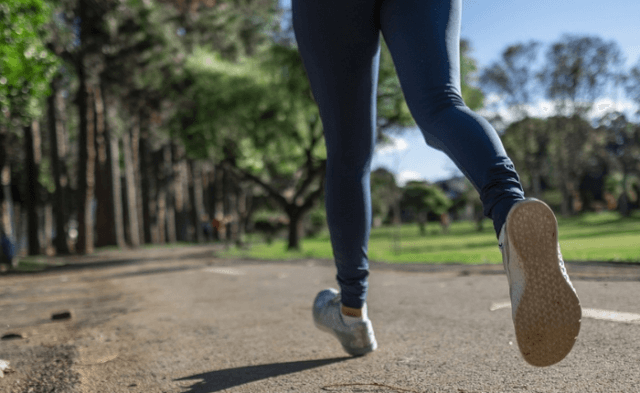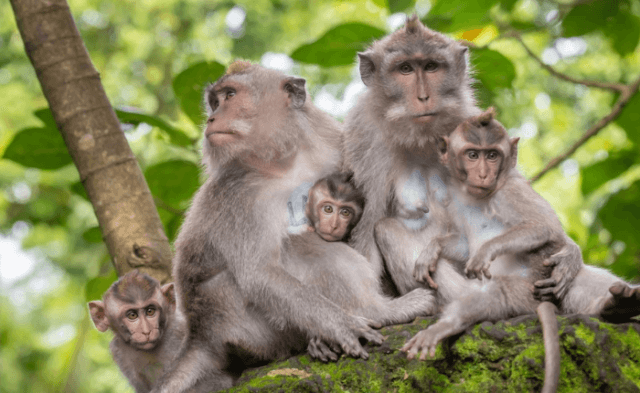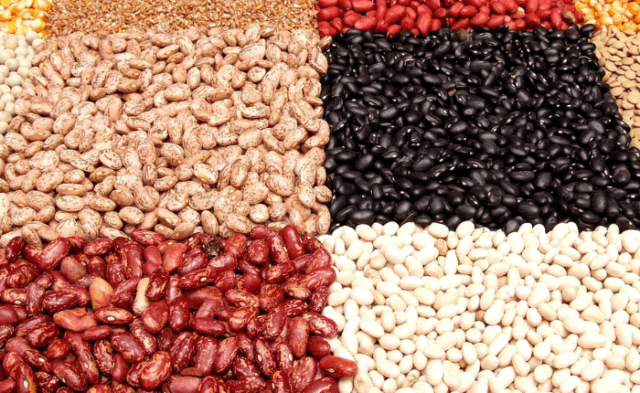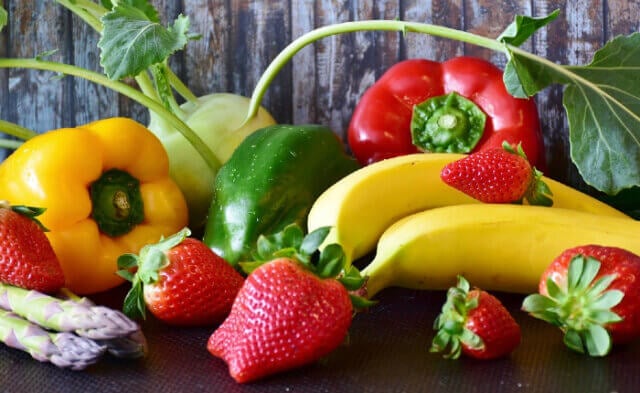Weight loss diets come and go: the baby-food diet, the watermelon diet, hypnosis diets, the South Beach diet, and even the doughnut diet. (OK, we made that last one up.) Some diets do actually help people lose weight, but unfortunately, some of them carry hidden risks.
One such diet is the Atkins Diet, a high-protein, low-carbohydrate diet that has waxed and waned in popularity over the last couple of decades. The Atkins website suggests starting out with its “Induction phase,” in which dieters are encouraged to eat fish, cheese, eggs, and fowl. That list sounds about as balanced as a sinking ship. And it could be just as dangerous.
Researchers at Purdue University looked at what happened to female volunteers aged 43 to 80 when they went on diets high in protein and with a large proportion of meat, such as the Atkins plan. The researchers found that those women lost more bone mass than women on diets with similar calorie levels, but less protein. Loss of bone mass can lead to osteoporosis, the disease that turns bones into lace (i.e., makes bones more fragile), and post-menopausal women are at greatest risk for osteoporosis.
The Purdue team’s findings, reported earlier this year, echo an article that appeared in an issue of Good Medicine, the newsletter published by the Physicians Committee for Responsible Medicine (PCRM). According to the article, a study that appeared in the American Journal of Kidney Diseases “found that high-protein, low-carbohydrate diets, such as the Atkins Diet, caused a rapid and pronounced loss of calcium.” The article also reported that study participants following the Atkins Diet “lost calcium in their urine at rates 55 percent above normal.” Calcium, of course, is vital to bone health.
The PCRM newsletter article also reported that people following a low-fat, meatless (preferably vegan) diet lose about the same amount of weight as those following the Atkins diet. Best of all, besides protecting your bones and losing 10 to 20 pounds, a vegan lifestyle will spare animals from mutilations, severe crowding, filthy living conditions, beatings, and a terrifying death-all common practices that pervade the meat, egg, and dairy industries.
*****
This guest blog was written by Christine Jackson. Christine is fortunate to have lived with animals all her life. She holds cats above all other animals (so she guesses that makes her speciesist) and shares her Washington, D.C., home with the two best cats in the world.





